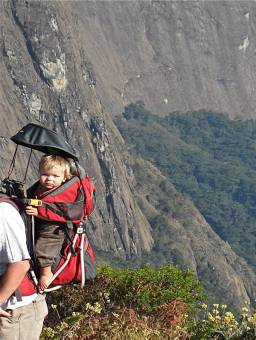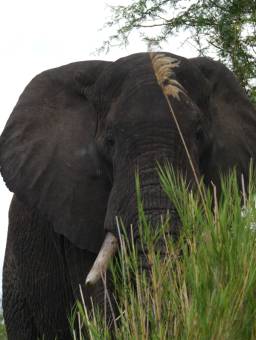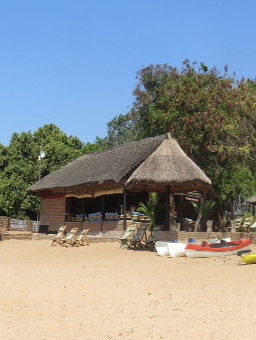Something I have long found interesting is the question of how language gives us some indication of culture.
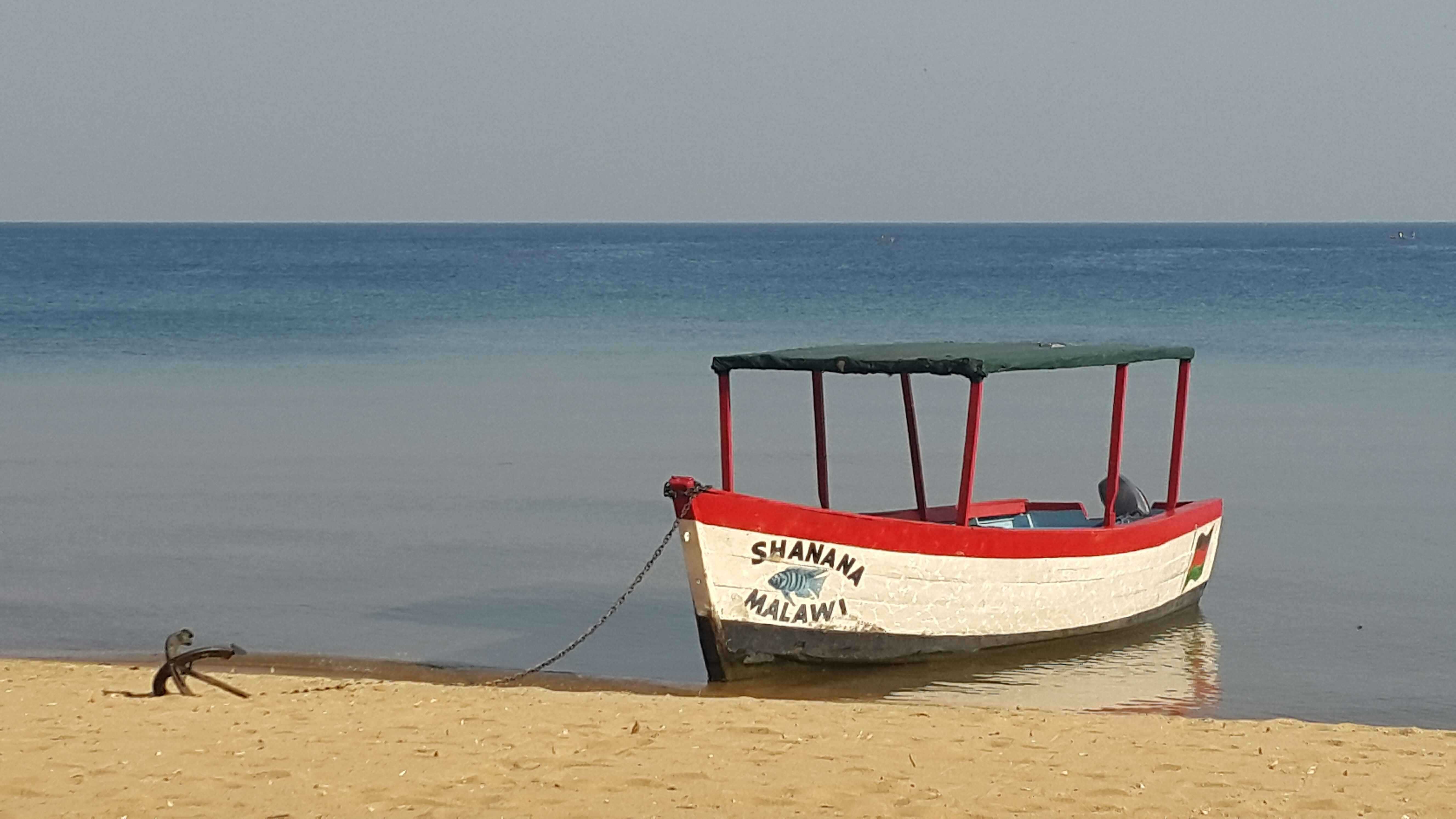 Learn riddles and practice Chichewa at the beach on the shores of Lake Malawi? Picture from the bar at Fat Monkeys lodge, Cape Maclear.A Collection of Riddles *
Learn riddles and practice Chichewa at the beach on the shores of Lake Malawi? Picture from the bar at Fat Monkeys lodge, Cape Maclear.A Collection of Riddles *
In his collection of Nyanja Riddles in the 1930s Earnest Gray mentions that he has only found a very few riddles that have anything to do with Europeans. Even those that do only tend to mention the culture of the Europeans incidentally. Gray further observes that those riddles that are the best tend to be the oldest. More recent riddles, which might mention Europeans, are not as apt, he says.
Nyanja Riddles and Chichewa?
Nyanja (or ChiNyanja) and Chichewa are basically the same language. ChiNyanja means (language of the lake people) and ChiChewa (language of the Chewa people). For the purposes of this blog post / article we don’t need anything more nuanced than that for now.
Nyanja Riddles, Culture and Europeans…
A riddle that springs to mind, and which does tell us something about a difference between European and Malawian culture is posed as follows:
‘Ngakhale Mzungu mkukalemekeza.’
Do you understand? The meaning is ‘Even the European respects it (or gives it honour)’.
Whatever the solution to this riddle we can already tell that there is a suggestion that perhaps Europeans don’t have a tendency to show respect or honour as much as others do.
Illustrative Examples of Ordinary Interactions between Malawians and Visitors
Before we come to the solution and the explanation, I am inclined to mention some examples of showing respect in Malawi. My wife (a European as it happens), learned to drive in Malawi. Immediately before her driving test, her Malawian driving instructor gave her directions on something she should do when she met the examiner. It concerned the point in time when my wife was to deliver her examination papers or provisional license for the examiner. They were instructions on showing respect. I do believe that my wife is a much better observer and follower of Malawian customs than most visitors from the northern hemisphere, but I thought that what was said, was interesting.
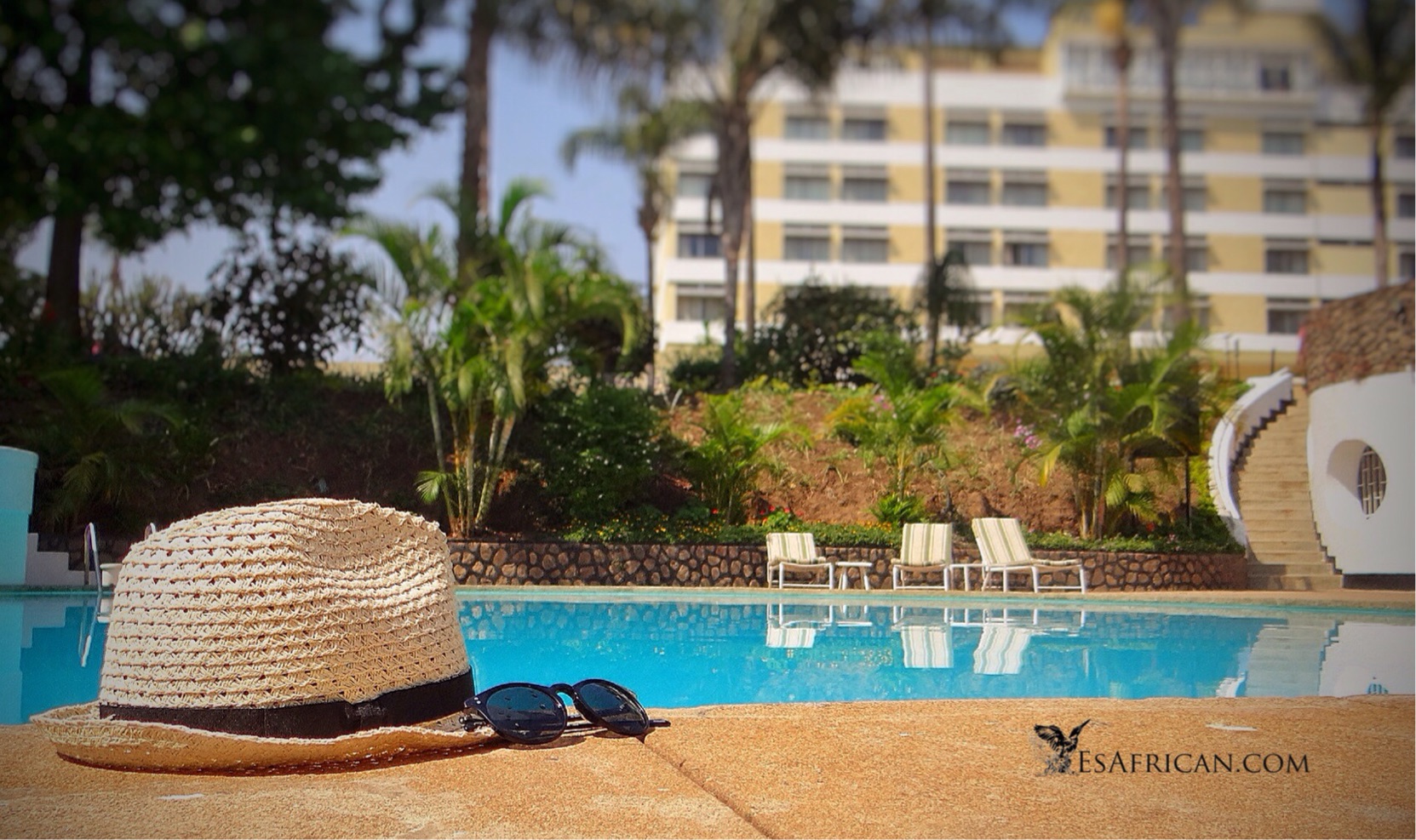 Relax by the pool in Blantyre and pay for some drinksI similarly advised two other Europeans (one western and one eastern) on the same way of showing respect. After learning this one of the two seemed to lay this on thick every time that I got to think it felt like a bit of an exaggerated show. At least that gave me the opportunity to roll my eyes. It would not be the first time that a dour Scot observed a flamboyant Latin person dramatising a cultural display.
Relax by the pool in Blantyre and pay for some drinksI similarly advised two other Europeans (one western and one eastern) on the same way of showing respect. After learning this one of the two seemed to lay this on thick every time that I got to think it felt like a bit of an exaggerated show. At least that gave me the opportunity to roll my eyes. It would not be the first time that a dour Scot observed a flamboyant Latin person dramatising a cultural display.
On the other occasion I told a friend (English / Welsh), who was living in Malawi for a relatively short period of time, how to show respect. We were at a café / restaurant at the time. My friend duly paid the bill in a respectful manner and I looked on with curiosity. After it was over I asked the Malawian waiter (who I knew**), how often it was that a western would show respect in this way when paying a bill. We were not exactly expecting his answer. “It has never happened before,” the waiter insisted. We were not at an establishment unknown to westerners. Indeed, it was one of the most well-known and popular places for expats in the whole of Blantyre at that time. Certainly (a) most westerners are largely oblivious to some of the ways of indicating respect and probably (b) even those in the know probably consider that the time when you pay or tip a waiter is a time when it is ok to be informal and casual. Nevertheless the waiter’s response that this had *never* happened before was striking. It certainly helps to illustrate the riddle which says “Even the European shows it respect.”
A Riddle Resolved
So now for the solution and explanation to the riddle, ‘Even the European respects it’.
The answer is ‘Ntedza, (timagwira ndi manja awiri). Translated that is ‘A peanut, (we always grip it with both hands).’
The explanation is that people usually open peanuts with two hands. Using two hands when handling on passing something on to another, or receiving something from another, indicates respect. Passing or taking something with only one hand is quite casual, and does not really indicate that much respect for either it or the other person. So, my wife’s driving instructor advised her to hand her papers (or provisional license) to the driving instructor with two hands. I suggested to my friend that he hands over the cash while holding the notes in both hands.
Concluding Thoughts on Chichewa & Culture
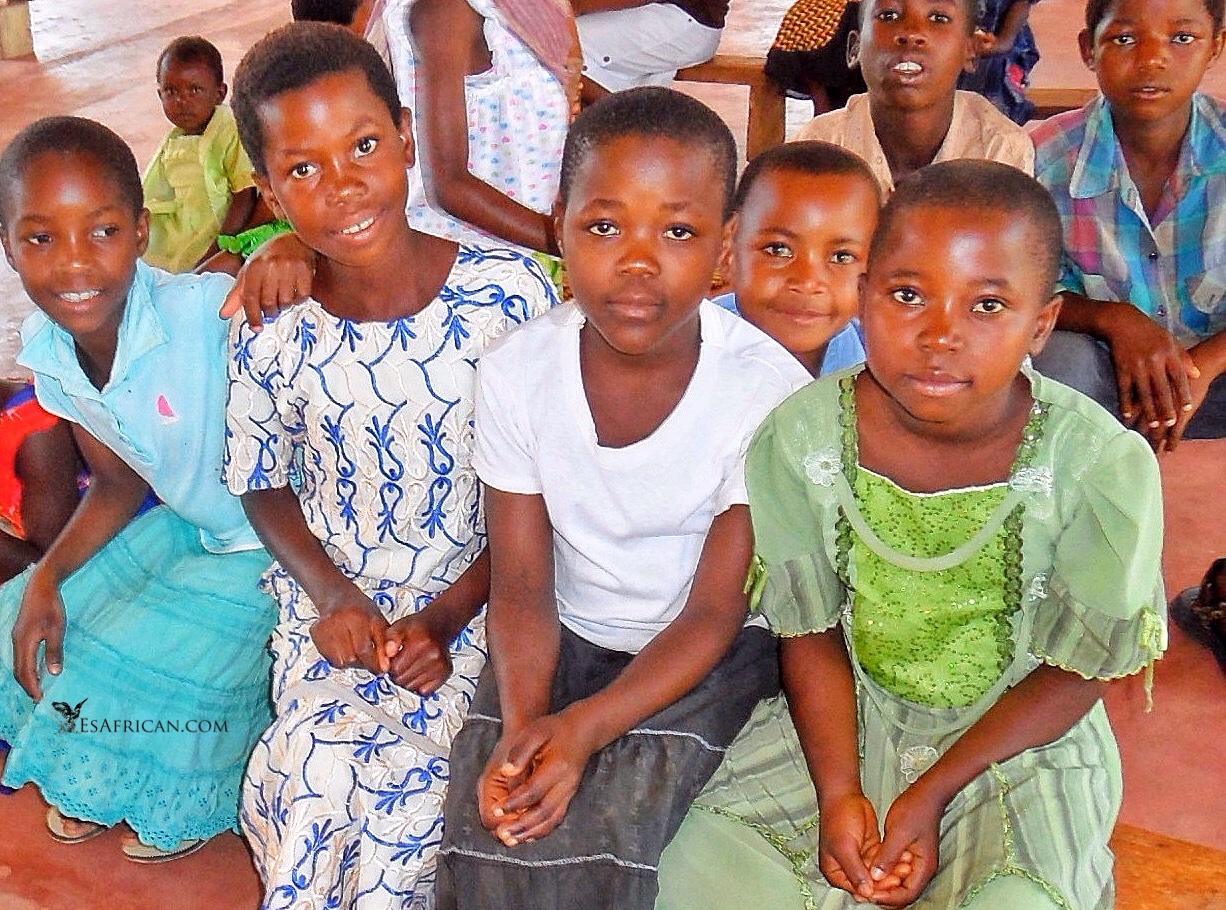
Nevertheless Malawians do appreciate it and notice it where westerners, very unexpectedly, show respect for the local customs and language. If you are a short term visitor you may calculate that you can get by in English. That’s largely true. However, to connect more deeply and to relax connections with a bit of warmth and a bit of humour, it is well worth knowing a little bit before you arrive. Even a single word or phrase of Chichewa is appreciated.
But how to learn even a word or phrase or even the language...?
For the few most important words and phrases in Chichewa for visitors we have set out a very short list with pronunciation (audio):
https://www.esafrican.com/malawi-travel/visitors-chichewa
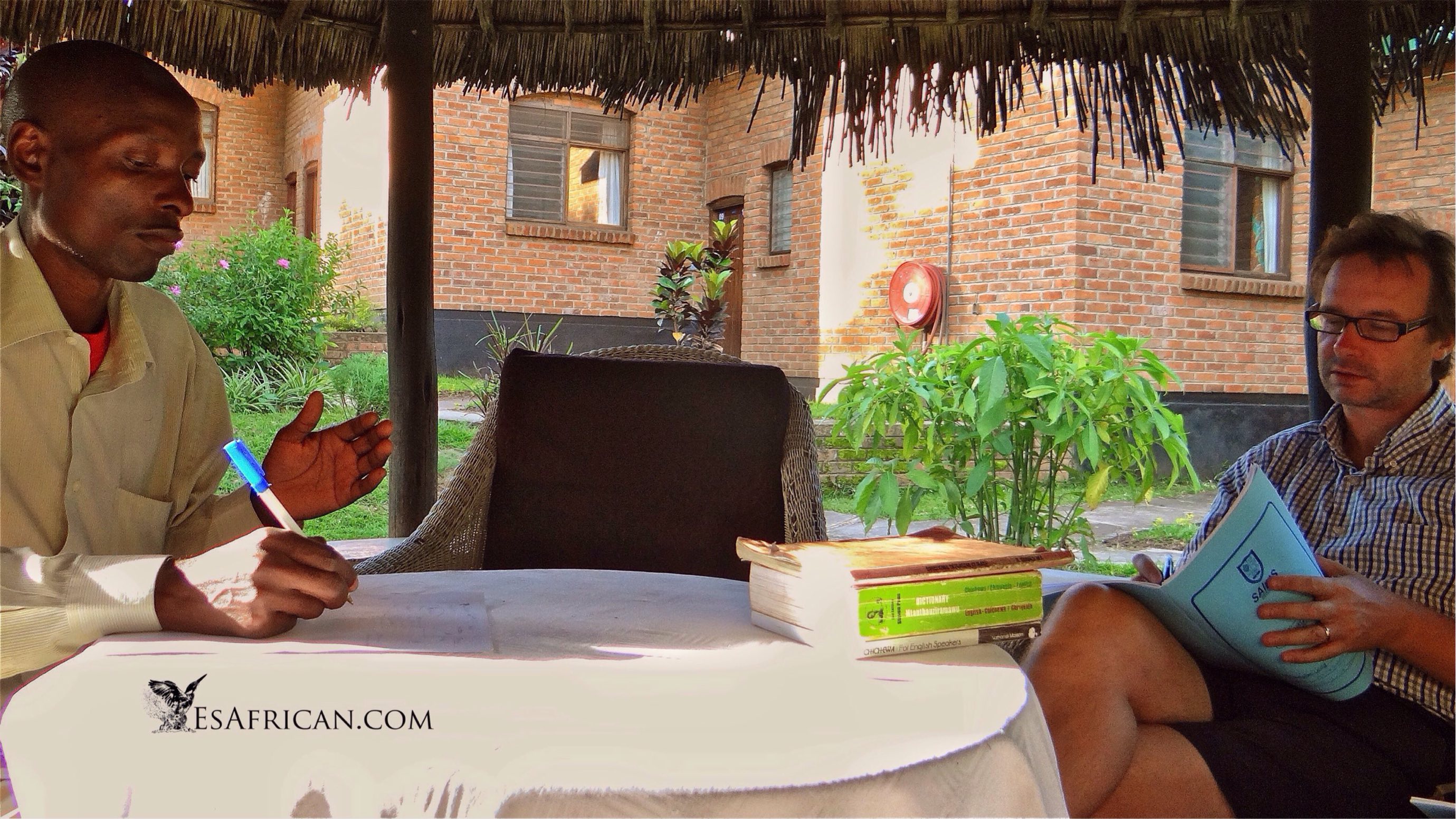 This friendly Chichewa teacher can also teach one to one online.And for something a bit more serious you can find an online (one to one) Chichewa course with a teacher, prepared notes and videos for practicing pronunciation here:
This friendly Chichewa teacher can also teach one to one online.And for something a bit more serious you can find an online (one to one) Chichewa course with a teacher, prepared notes and videos for practicing pronunciation here:
https://www.esafrican.com/malawi-travel/chichewa-courses
There are also a list of more Chichewa Riddles on the same page.
Notes:
* Source: SOME RIDDLES OF THE NYANJA PEOPLE, ERNEST GRAY, Published in the 'Bantu Studies' journal 13, 1939.
** Of course I know every waiter in Blantyre and they all know me. Just about every waiter and barman (it sometimes seems), knows to address me in Chichewa and they always understand that they should ask me a question designed to test the limits of my Chichewa or to teach me something new.

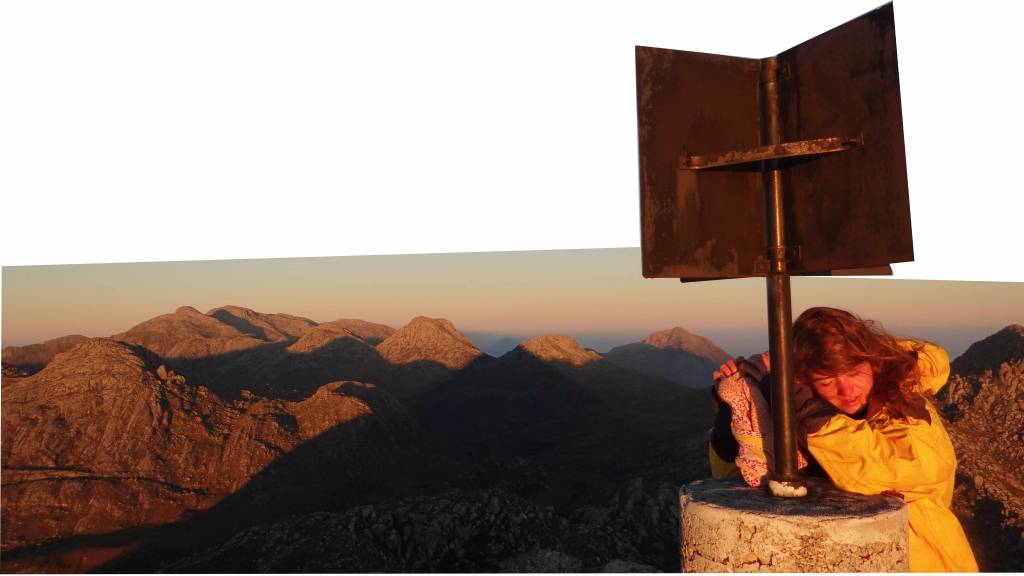

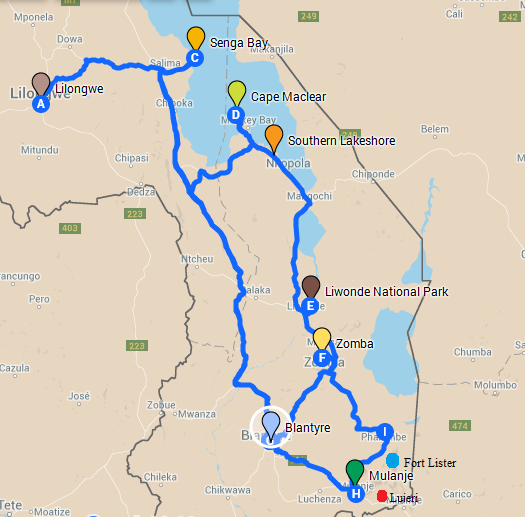 O-Sense
O-Sense